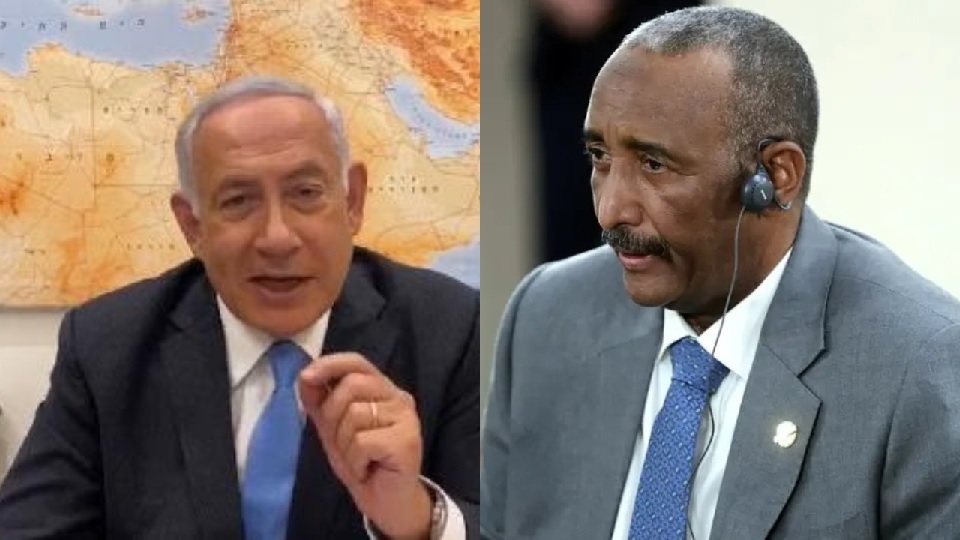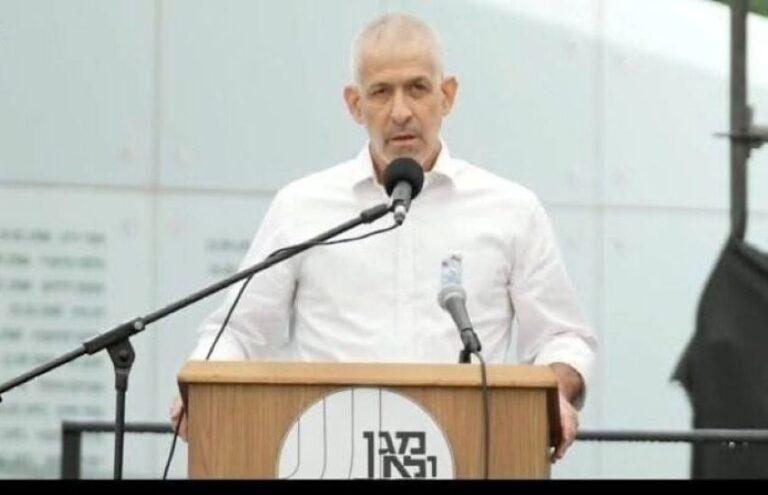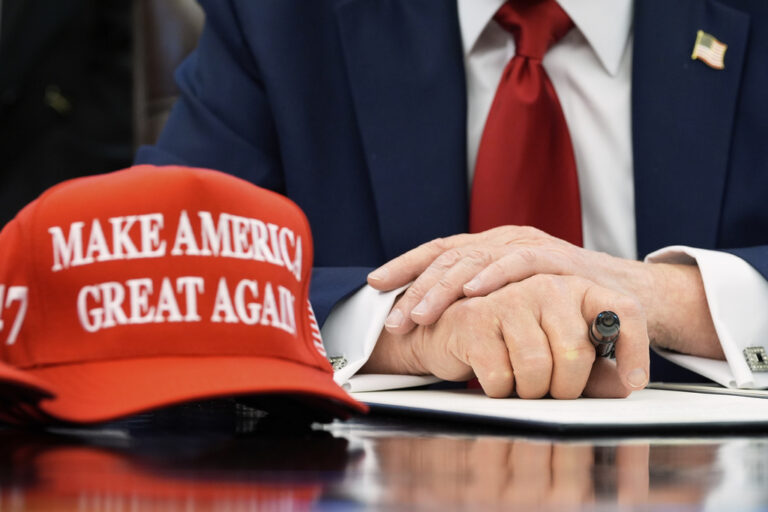Sudan has reportedly agreed to normalize ties with Israel after the U.S. issued an ultimatum for it to agree to recognize Israel within 24 hours in order to be removed from its list of state sponsors of terrorism, Asharq Al-Awsat reported.
Sudan is desperate to be removed from the terrorism list in order to receive international aid to rehabilitate its battered economy.
The U.S. ultimatum includes a number of appealing offers to the beleaguered African country, including removing Sudan from its terrorism list; a commitment to making efforts to remove Sudan from the list of travel ban countries; efforts to increase international aid and facilitate private investment in the financially strapped country; and debt forgiveness of $3 billion owed to the U.S., among other offers. Additionally, hundreds of millions of dollars of aid in food and medical supplies would be shipped almost immediately.
Sudan has to commit to establish diplomatic ties with Israel and will also be required to deposit $335 million into an escrow account for settlements with victims of terrorist attacks.
– Sudan would be removed from list of states that sponsor terrorism provided that Khartoum deposits $335 million into an escrow account to pay for settlement w/ victims of terrorist attacks.
– US will work with congress to pass Sudan's legal peace resolution pic.twitter.com/vT7tfl1IPi
— Wasil Ali – واصل علي (@wasilalitaha) October 14, 2020
Sudan has been reluctant to normalize ties with Israel, with Sudanese Prime Minister Abdalla Hamdok saying in September that he doesn’t want to link ties with Israel with being removed from the US terrorism list.
However, Lt. Gen. Abdel Fattah Abdelrahman al-Burhan, the transitional Chairman of Sudan’s Sovereignty Council, and Gen. Mohammed Hamadan Dagalo, the deputy head of Sudan’s Transitional Military Council, have expressed support for recognizing Israel.
For Israel, a cordial relationship with Sudan would be a symbolic victory.
Sudan, a Muslim-majority African country, has long said it supports the Palestinian people in their calls for an independent state. Khartoum hosted the historic Arab League summit after the 1967 Mideast War in which Israel captured the West Bank, Gaza Strip and east Jerusalem — lands the Palestinians seek for that state. The conference approved a resolution that became known as the “three no’s” — no peace with Israel, no recognition of Israel, and no negotiations.
The designation of Sudan as a “state sponsor of terrorism” dates to the 1990s, when the nation briefly hosted Osama bin Laden and other wanted militants. Sudan was also believed to have served as a pipeline for Iran to supply weapons to Palestinian militants in the Gaza Strip.
Osman Mirghani, a Sudanese analyst and editor of the daily newspaper al-Tayar, said Sudanese leaders don’t have unlimited time to decide.
“The U.S. offer of incentives .. will not last too long. It is related to the U.S. presidential election on one side, and the number of Arab states that normalize,” he said.
With Sudan’s long-time autocratic leader Omar al-Bashir deposed and facing war crimes and other charges, Sudan’s transitional authorities believe that the reasons behind the terrorism listing have evaporated.
But many in the U.S. maintain Sudan should atone for its previous government’s actions.
Sudan has already agreed with the U.S. State Department, in theory, to a compensation deal for victims of the 1998 bombings of the American embassies in Kenya and Tanzania, which were orchestrated by bin Laden’s al-Qaida network while he was living in Sudan.
However, questions about the fairness of the proposed compensation deal to non-American victims, including those who were working for the embassies and have subsequently become U.S. citizens, have stalled its consideration in Congress which must approve the agreement.
Meanwhile, some families of the victims of the September 11 attacks have also started procedures to claim compensation from Sudan, though the country’s links to that terror plot are less clear. Their complaint has complicated the embassy bombing compensation deal and could further deter the U.S. Congress from removing Sudan from the list.
In the meantime, Sudan’s government realizes it has only so many cards to play.
“We should get ourselves off that list, which the U.S. is using as leverage to get some benefits out of the relationship that it has with Sudan, which is completely legitimate,” Sudan’s acting Foreign Minister Omar Qamar al-Din told reporters in Geneva last month.
(YWN Israel Desk – Jerusalem & AP)











